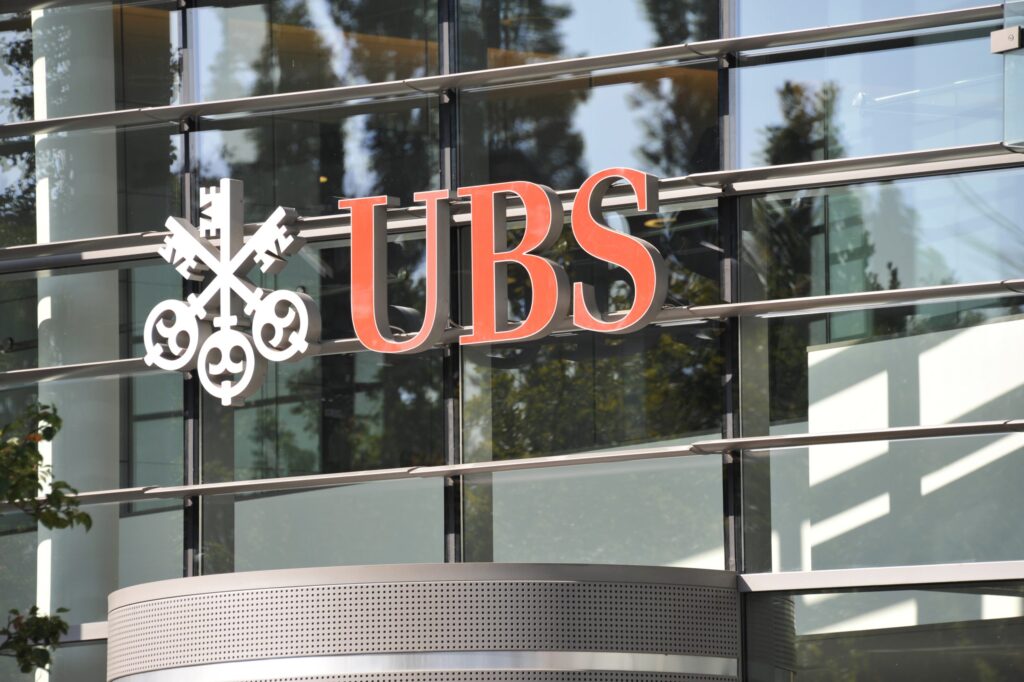As of May 2024, UBS finally stopped selling its UBS YES Strategy to investors. UBS recommended and sold its in-house “Yield Enhancement Strategy” (“YES” or the “YES Strategy”) to approximately 1,500 investors. UBS misrepresented YES as a low-risk, limited income options strategy that would: provide investors with downside protection, be “non-directional,” and have limited correlation to the stock market. Among other things, UBS represented that YES would have only limited exposure to significant stock market movements.
Based on DKR’s analysis of the YES Strategy, UBS did not implement YES in the manner in which it represented that it would. Rather than engage in non-directional trading so that YES had only limited correlation with the stock market, and rather than provide the downside protection that UBS marketed, UBS implemented a directional options strategy that had a high correlation with the stock market and massive exposure to significant stock market moves. DKR’s analysis reflects that UBS traded and maintained the YES Strategy in a way that deviated dramatically from the manner in which UBS had marketed YES. In short, UBS promised YES investors one thing, but delivered something wholly different.
Our dedicated team of securities fraud attorneys has a proven track record of success, having prevailed in numerous FINRA arbitration proceedings on behalf of UBS YES investors. DKR has recovered millions of dollars for investors who lost money in the UBS YES Strategy. If you lost money in YES, contact DKR today for a free consultation to discuss your legal options.
What is the UBS YES Strategy?
Launched at UBS in 2016, the UBS YES Strategy was a complex options strategy that combined purchases and sales of various put and call options on the S&P 500 Index. The YES Strategy was supposed to be an “iron condor” options strategy that would provide investors with both limited income and limited risk of loss. YES was supposed to have certain features, such as limited correlation to the stock market and non-directional trading, i.e., it was not supposed to bet on stock market movements. As discussed above, however, UBS appears to have managed its YES Strategy in a way that deviated dramatically from what UBS had marketed.
Signs of UBS YES Investment Fraud
DKR believes that UBS was aware of the improper implementation of its YES Strategy because it prepared daily internal reports that clearly informed UBS that the YES strategy was highly directional and that YES exposed YES investors to significant stock market movements That is, we believe that UBS knew that YES, as implemented, was directly contrary to the “non-directional,” “limited correlation,” downside protection strategy that it had marketed. Throughout most of the fourth quarter of 2018, UBS traded YES in a way that directly exposed YES investors to the full risk of downward stock market movements. This direct exposure to the stock market caused YES to lose hundreds of millions of dollars in December 2018 alone.
UBS ignored these red flags in its daily reports, failing to take any corrective action and failing to inform YES investors that the YES Strategy was implemented in a way that deviated wildly from how UBS had marketed YES. The misrepresentations in UBS’s marketing materials, UBS’s failure to take corrective action, and its failure to inform YES investors of material information about YES was a gross violation of duties UBS owed to YES investors.
In 2022, UBS agreed to pay $25 million to settle charges with the SEC regarding the YES Strategy. The SEC alleged, among other things, that UBS failed to provide investors with sufficient explanations or quantification of the downside risk of YES.
DKR believes that UBS:
- Misrepresented YES and its Risks: Misrepresented key features of YES, including the nature of the options strategy and its risk of loss.
- Omitted Key Information: Failed to disclose the true nature and risks of YES, even when UBS’s daily reports reflected the truth about YES.
- Failed to Properly Supervise the YES: Failed to ensure that the team of brokers who ran the YES Strategy implemented and maintained an options strategy that was consistent with the strategy that UBS had marketed.
How Our Securities Fraud Attorneys Can Help
When you partner with DKR's experienced investment fraud attorneys, you can expect a team dedicated to recovering your UBS YES Strategy investment losses.
FINRA Arbitration for UBS YES Losses
Investors who have disputes with brokerage firms are required to resolve those disputes through binding arbitration through the Financial Industry Regulatory Authority (“FINRA”) rather than through a lawsuit in a public court. FINRA arbitration is private and is designed to be more efficient than a courtroom proceeding.
DKR’s investment fraud lawyers have represented thousands of investors in FINRA arbitration proceedings, including dozens of UBS YES cases. We will guide you through every step of the process, from filing your claim to presenting your case before a FINRA arbitration panel if your case does not settle. Our proven track record in handling UBS YES investment fraud cases positions us to achieve the best possible outcome for you.
DKR Fights to Recover Your Losses
Don't let UBS's deceptive practices cost you your hard-earned money. At Dimond Kaplan & Rothstein, P.A., we hold Wall Street giants accountable for their misconduct.
Our dedicated securities fraud attorneys have a proven track record of success in recovering millions of dollars for investors like you who were misled about the UBS YES options strategy.
Contact us today for a free consultation. We will fight to recover the money you deserve.



